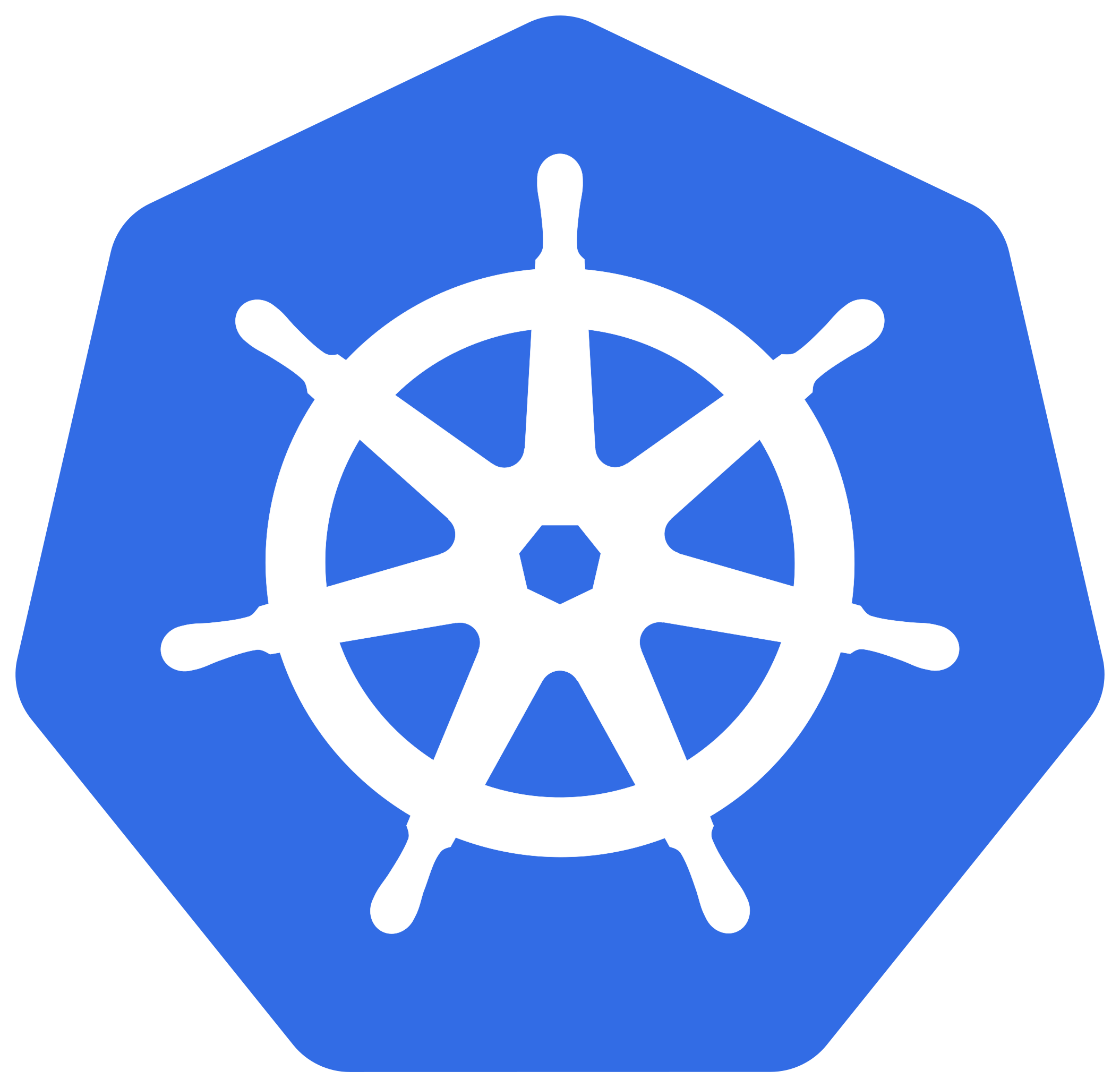On-call management is crucial for maintaining uninterrupted service delivery. This blog emphasizes the importance of effective on-call scheduling and the benefits of using specialized software.
Key points include:
Challenges of on-call management: Balancing workloads, ensuring adequate coverage, and maintaining employee well-being.
Components of effective on-call management: Schedule design, staff availability, incident detection, and escalation procedures.
Benefits of on-call management software: Improved efficiency, communication, and visibility.
Best practices: Clear communication, fair rotations, adequate coverage, flexibility, incident response plans, regular reviews, and employee well-being.
Choosing the right software: Consider factors like ease of use, integration capabilities, scalability, features, and customer support.
By implementing these practices and utilizing appropriate software, organizations can optimize on-call operations, reduce incident response times, and enhance overall service reliability.












